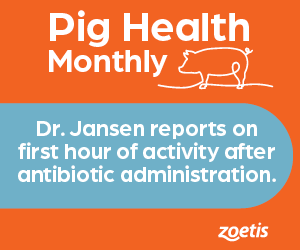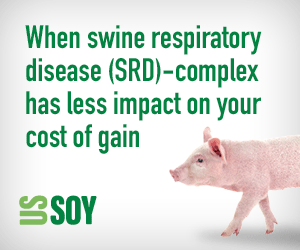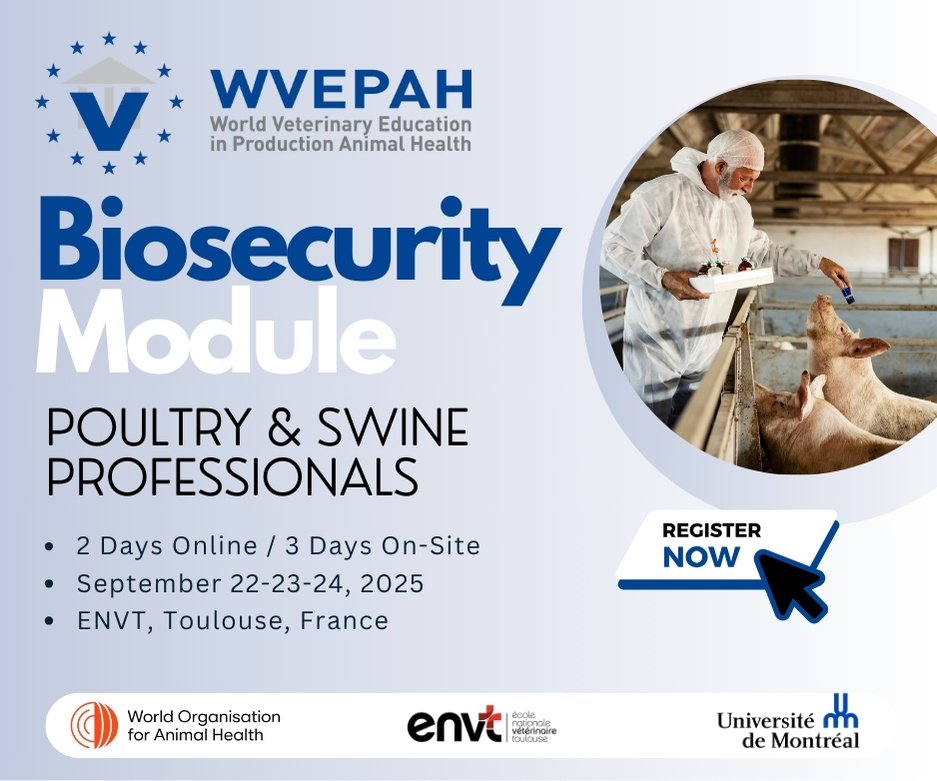



Molecular Technology to Enhance Future Diagnostics
GERMANY - Diagnostics are likely to play an increasingly important role in veterinary practice over the next few years, according to speakers at a satellite symposium at WAVLD (World Association of Veterinary Laboratory Diagnosticians) in Berlin.
The application of molecular technology, such as sequencing, is opening up new avenues and allowing the development of faster, more sensitive and more selective tests. As a result, veterinarians will be able to use diagnostics to give them a much clearer picture of what is happening in herds or flocks, and thus use vaccination and treatments in a far more targeted manner.
One of the companies at the forefront of veterinary diagnostics is Life Technologies, and according to Director of Product Development, Dr Kirk Adams, the future will see some exciting developments for veterinarians.
Dr Adams said: “Next generation sequencing linked with the strength of bioinformatics will allow us to interrogate whole populations of bacteria, viruses and parasites in a way that we haven’t been able to do before. And there are other technologies that we are working on that will take us even beyond that.
“Traditionally diagnostics have been used primarily for monitoring purposes, but now we are beginning to integrate diagnostics into therapeutic and preventative use. The marriage between understanding the current situation, and then being able to bring the right intervention to control it, either because you have an issue or because you are able to look forward to see what the future challenges might be, that’s really where the benefit of diagnostics is going to be in the future.”
One of the specific areas where diagnostics may be able to improve everyday veterinary practice is in the use of anti-infective drugs, as Dr Christina Boss, European Animal Health Consultant for Life Technologies, explained: “The public is asking for antimicrobial use in food animals to be reduced and new diagnostic tools will mean that we can quickly identify specific pathogens and use the right treatment, rather than using a broad-spectrum agent in the first instance.”
Below is a short interview with Dr Adams and Dr Boss, filmed at the 2020 Vision symposium in Berlin.
For more information about swine diagnostics, click here or connect to the Thermo Fisher Scientific Swine Resource Center.
















